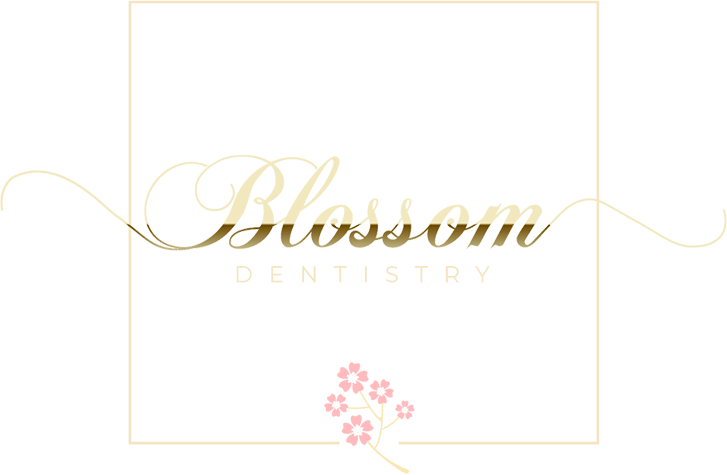Do you grind your teeth? Many people do, and many of those people are unaware that they are doing so. It is most common at night while you are sleeping, but some people also grind or clench their teeth during the day when they are stressed.
Teeth grinding has many negative effects on your teeth and jaw. Your dentist may have pointed out that the effects of your teeth grinding are noticeable, and that something may need to be done to protect your teeth from damage.
Here’s what you need to know about teeth grinding.
Teeth Grinding Can Cause Serious Damage to Your Teeth
The following types of problems can arise from consistent and uncontrolled teeth grinding:
- Wearing away the enamel. The enamel is the hard outer layer of your teeth. It protects the inner soft pulp of your teeth that contains the nerves and blood vessels. When you grind your teeth, the enamel slowly wears away. If it erodes too much, your teeth become sensitive as the inner pulp and nerves are more exposed. It also increases the risk of tooth decay.
- Cracked teeth. The constant pressure of grinding your teeth can eventually cause one or more teeth to crack. These teeth will either need to be filled or fitted with crowns to protect the inner pulp and root. In more severe cases, if the crack is very deep, a root canal and/or surgery may need to be done by the dentist. In worse cases if the fracture is below the bone or splits the tooth, the tooth will have to be pulled out.
- Broken or chipped teeth. Grinding your teeth can cause them to chip or break where whole pieces of your tooth come off entirely. This may be able to be repaired with composite bonding, in-lays, on-lays, or may require a crown.
- Loose teeth. Grinding or clenching your teeth can cause the support structure that holds them in place to weaken or pull away from the tooth. This causes your teeth to become loose in their sockets. Loose teeth may become solidified again if the grinding stops.
- Missing Teeth. If teeth become loose due to grinding and the pressure doesn’t go away, those teeth may eventually fall out. If the tooth is not put back into place quickly, it may not be salvageable and will need to be replaced, such as with a dental implant
Teeth Grinding Has Other Health Implications
In addition to the damage inflicted on your teeth, grinding and clenching your jaw can cause other health problems, such as:
- Headaches. You may develop dull or severe headaches, typically in the temple region of the head. If you grind your teeth at night you may wake up with a headache. Stress headaches are often caused by clenching the teeth tightly.
- Jaw pain. You may experience pain in your jaw from the constant force of clenching your teeth or grinding your teeth together.
- TMJ disorder. TMJ stands for the temporomandibular joint, which is the place where your lower jaw attaches to your skull. Grinding or clenching your jaw can put strain on this joint, causing pain and muscle tension that can restrict movement.
- Referred Pain. Having pain away from the site of the jaw grinding is very common, if the grinding has been going on for long periods of time. Common areas of referred pain are the neck and shoulders.
How to Prevent Damage to Your Teeth and Jaw
- Mouthguard: If you grind your teeth at night, the best way to protect your teeth is to wear a mouthguard. A mouthguard is typically made of plastic and fits over the teeth to provide a protective layer that absorbs the bite force of the jaw. It is not advised to purchase mouthguards in stores that will mold to the shape of your teeth, or to have them made by an online company. These mouthguards are not made of the same material that a dental lab uses and when not adjusted or fit properly by a dental professional it can cause symptoms to worsen. It is always best to have your dentist make you a custom mouthguard. A custom mouthguard made by a dentist will be more comfortable, less bulky, and safer for your teeth.
- Botox: Another option for patients who can not wear mouthguards, patients who have a tendency to unknowingly take mouthguards out in the middle of the night, or are daytime clenchers and grinders, is Botox treatment.
Blossom Dentistry Can Help Repair and Restore Teeth Damaged by Grinding
Grinding or clenching your teeth is a very common habit, but it is harmful to your teeth and jaw. If your teeth are showing signs of wear from grinding, Blossom Dentistry can repair the damage and restore your smile.
Call (202) 922-2900 today to schedule a consultation or book an appointment. We look forward to helping you maintain your dental health.
